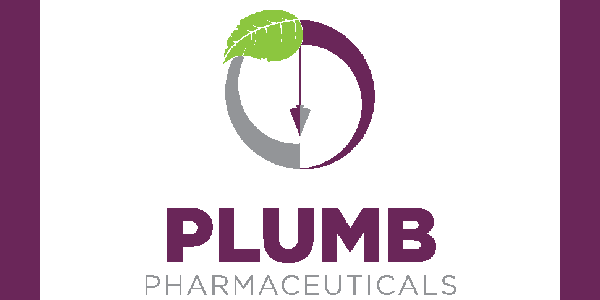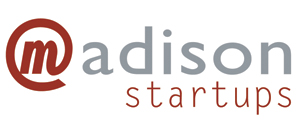
The problem with current opioid use disorder (OUD) medication-assisted treatment is that in between doses, individuals are more likely to relapse because they must willingly choose to take their next dose or return to opioid use. Plumb Pharmaceuticals’ solution makes it so individuals have to make that choice less frequently.
The biotech startup’s technology is called “Advanced Quantload (AQL)” and works by extending the release of medications 3-5 times longer than current medications, including for antidepressants, stimulants for ADHD, anti-psychotics, anti-HIV drugs and more. When used to deliver naltrexone–a medication that treats drug and alcohol dependence–it cuts down required dosing to treat OUD to just four times a year, compared to daily or monthly doses as required by existing medication-assisted treatments.
The goal of Plumb Pharmaceuticals was not always to treat opioid dependency. After discovering and patenting the technology at the University of Wisconsin, veterinarian Dr. Lisa Krugner-Higby and biochemist Dr. Timothy Heath founded the company in 2011 as Comfort Care for Animals, with the intent to improve pain management for animals. When they realized the AQL technology could be used for more than just pain management, they decided to focus on combining the technology with naltrexone and buprenorphine (another drug that treats opioid dependency), due to the urgency of the opioid public health crisis.
After initial tests of the AQL system in 2018, Plumb Pharmaceuticals brought on CEO Jacqueline Hinds, former COO of Swallow Solutions. Hinds has a clinical background in speech pathology and did clinical research at the University of Wisconsin School of Medicine and Public Health. Meanwhile, Heath and Krugner-Higby serve as the Chief Technical Officer and Chief Scientific Officer, respectively.
“I was thrilled to be part of an organization with the potential to impact such a huge public health crisis,” Hinds said.
If developed and subsequently approved by FDA, the AQL medication delivery system could have a major impact on treating opioid dependency. More than 2 million Americans are diagnosed with OUD, and the public health crisis has an economic burden of $78 billion a year, according to the Center for Disease Control.
In the larger picture, the extended-release delivery system also could be applied to other treatments, such as antipsychotic medications, pain relievers and antibiotics, according to Hinds.
Plumb Pharmaceuticals is funded by grants from the National Institute of Health and the National Science Foundation and the Wisconsin Center for Technology Commercialization funds. The company has also won prizes from the Wisconsin Governor’s Business Plan Contest, the Global Entrepreneur Summit and the Global Innovation through Science and Technology Catalyst Pitch Competition.
Right now, Plumb Pharmaceuticals’ focus is on the development of the extended-release naltrexone to treat opioid use disorder. It expects to begin clinical trials in the next two years.
“In the world of OUD, longer duration medical therapies could have a significant impact on keeping recovered addicts from relapsing,” Hinds said. “The extended window of treatment would allow people to secure safe housing, find employment, get childcare–all of the cornerstones to maintaining sobriety.”

